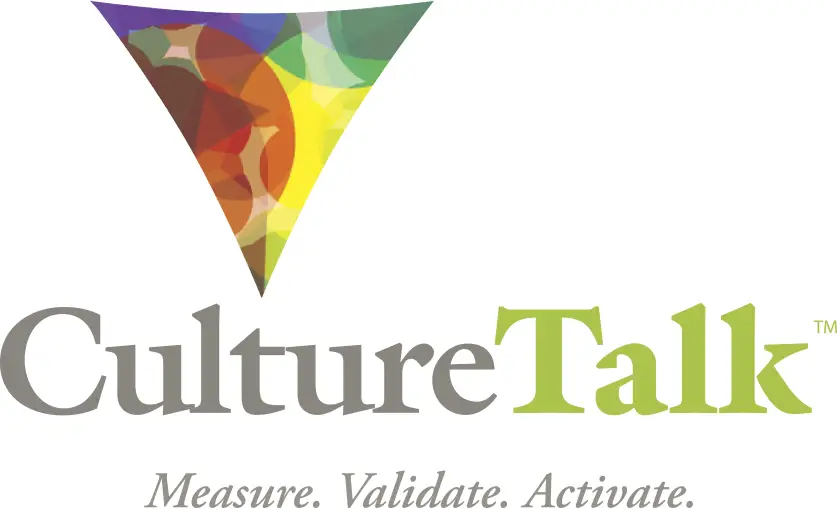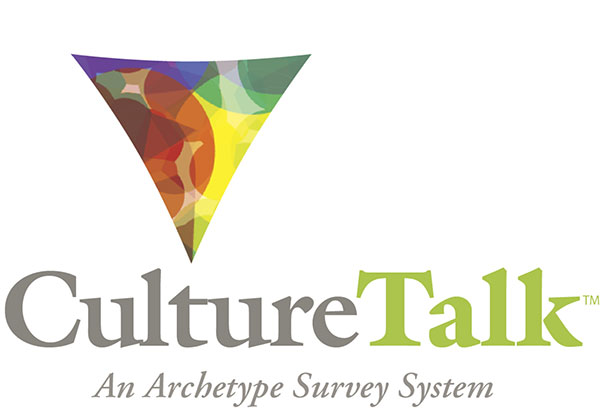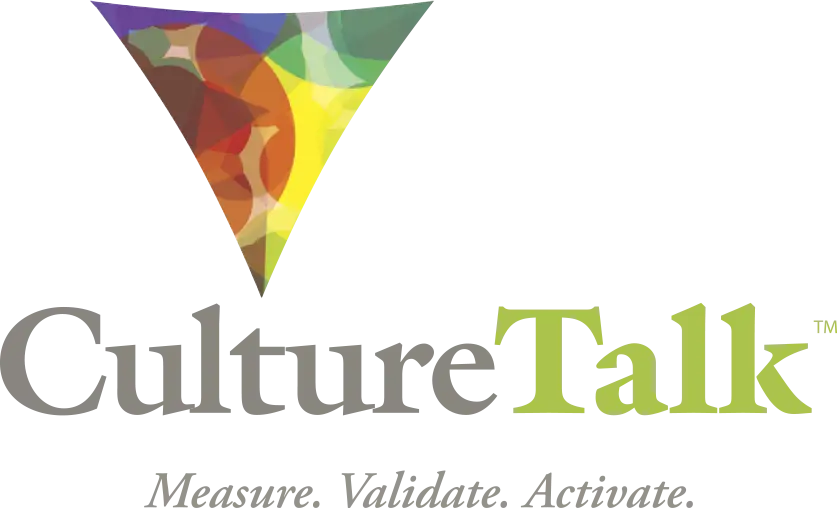DEI: Building Cultures of Equity and Inclusion
- May 9, 2022
- 8:37 pm
- Cynthia Forstmann
Leaders need both a mirror and a lens
The field of DEI is exploding as employees, stockholders and investors expect companies to take a stand on social justice issues and how they have played out in workplaces. Alongside the mounting attention is the acknowledgement that old ways of addressing diversity, equity and inclusion have not moved the needle.
Mercedes Martin, a global diversity and leadership development expert joins the conversation to explore the individual and systemic shifts required to make equity and inclusion a foundational principle of workplace culture.
Here are the highlights of our conversation:
(3:45) You will hear Mercedes’ personal background arriving in the US during the civil rights movement and the profound experience of finding belonging at an early age.
(5:00) She shares how diversity pioneer Dr. Roosevelt Thomas Jr’s ideas were coming into focus as her career in leadership development was taking off and why she was tapped for diversity and inclusion work.
“You can’t separate the diversity, equity, and inclusion work from the leadership development, from the organizational change. It is not a program for me; it has to be a system change.”
| Mercedes Martin, CultureTalk Partner, Founder, Mercedes Martin & Company
(6:05) We discuss what was happening in the 1980s, the transition from affirmative action to organizational change, and a study about women and people of color in the workplace. Mercedes shares why this was the moment when diversity became a strategic business issue.
(8:30) Mercedes compares the nature of her early DEI work and how it is entirely different today. She shares how DEI trainings were originally soft skills ‘the people person’ needed to worry about, while today equity, belonging and sustainability are ideas that people expect leaders to embody.
(10:45) Mercedes shares more about her DEI journey, highlighting a story about a women’s leadership program she was running, the introduction of intersectionality, and the realization that diversity needs both a global and a local lens.
(13:45) Mercedes believes ‘we have diversity now’ and the new focus is about how are we going to keep it, and create spaces where people can show up authentically, without feeling that they have to put on a mask. She notes that ‘especially since 2020 you have people more willing and ready to pull the mask off.’
(15:00) Learn how the ‘numbers game’ continues, why we need laws, measurements, and data – but why Mercedes believes we are depending too much on it. She shares why it’s time for ‘really doing the deeper dive at ourselves, picking up both the mirror and then lens to see what is happening, but also ‘how am I creating the experiences and the systems in this organization that’s making it difficult for me to invite more people that are different from me to come and join?’
(16:30) We jump into why in the current social environment people expect to come to work and be themselves, and how that’s put a different sense of expectation and responsibility on the leadership starting with the CEO.
(18:15) Learn why Mercedes believes CEOs must address human rights issues with compassion and care. She calls on the C-suite to model what deeper self-reflection looks like. She shares Disney’s response to a law recently passed in Florida as an example of the new level expectation from employees and society for leaders to take a stand around issues of diversity and inclusion with a moral and ethical perspective. Check out her article on the same topic: The Evolving Role of Leaders and How to Be Ready.
(20:00) Mercedes believes this expectation is a whole different thing around diversity and inclusion – people are asking leaders, ‘are you really seeing this as a movement to address diversity and inclusion – are you scared of what success might bring?’ We discuss the spotlight being shone on leaders today and why the attention can be uncomfortable.
(21:00) Looking for a new way to start these difficult conversations? Hear why Mercedes is using the framework of Archetypes to create environments where leaders and teams can move through what’s uncomfortable in authentic ways: “I wanted to take us away us from the traditional; either I’m going to give you the history and look back up to what happened and why we’re here, whether it’s starting with slavery … or I’m going to go all the way to the other end of the continuum and we’re just going to talk about what we’re going to build in the future. As a facilitator, you need to convene a space where you can hold the ‘both and’ for people.”
(22.00) Learn about the Humanity Labs that Mercedes and her team have developed to create safe, but brave places where leaders aren’t going to be shamed or blamed for learning.
(23.10) Learn why psychological safety doesn’t mean you are going to be cuddled, rather it allows you to show up with courage, candor and compassion as you are doing hard things.
(24.20) Mercedes shares why she uses the Archetype framework as a starting place in convening groups, and how it opens space for each person to step into the essence of who they are as a human being before all the other layers and lenses.
“Archetype work is equal opportunity for race, ethnicity, social and economic background; it strips all those things away.”
| Mercedes Martin, CultureTalk Partner, Founder, Mercedes Martin & Company
- (27:15) With the Archetypes, it’s ok for you to fall deep down into essence of who you are and allow yourself to be held in this group. You can still have the awkward conversations without all the noise and worrying about ‘I don’t want to sound like this or I don’t want to sound like that….”
- (28.10) “There’s something about Archetypes that says, ‘you know what I’m not perfect , you know I am colorful, that I have these different aspects to my story.’ Sometimes Archetypes create a little bit of separation, so it’s not that person’s behavior, but it’s that person’s Archetype that has a tendency to do this or that.”
- (29.01) “People’s ability to see ‘oh it’s a pattern that I have on autopilot’ and in so many ways ‘it colors not only what I see, but it also gets at what I don’t see.”
- (29.15) In Humanity Labs people experience the power of being seen, heard, and connected. They experience how their Archetypes shape how they show up, and appreciate others as multi-dimensional.
(29.50) It’s important to for leaders to take the time to take this deep dive, asking, ‘why am I doing this? and am I willing to look at transformation for myself?’ Given societal pressures right now, we cannot move the needle unless leaders have that willingness to take a deep dive on what this means for them at a personal level
(32.58) A listener asks, what level of response to social and political issues from corporate leaders is appropriate? “What’s appropriate has to be localized, says Mercedes, “what they respond to and how should be based on where they are at. The timing of response is important.”
(36.00) Another question: how do you lead the leaders to a willingness to do that deep dive? Listen to Mercedes describe a study her did in 2016 with more than 30 leaders and the 5 practices they identified. Email Mercedes for the 5 practices!
Ready for more?
- Connect with Mercedes Martin here.
- Bring CultureTalk and the Archetypes into your DEI work? Check out CultureTalk Certification!






